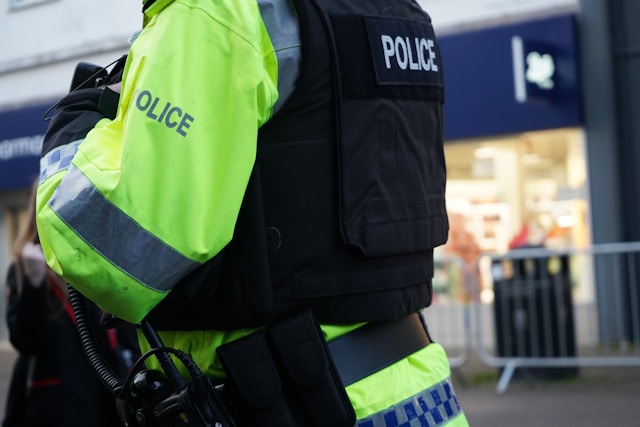Victims gain record £50m as seized criminal assets soar to unprecedented levels
Victims of crime across the UK have received a record £50 million in compensation this year, the highest sum ever returned under the Proceeds of Crime Act. The milestone marks a dramatic 165% increase from the previous year and reflects the government’s expanding efforts to ensure that criminals do not profit from their wrongdoing.
Figures released this week show law enforcement agencies recovered nearly £300 million in criminal assets during the past 12 months. From cash and property to high-value luxury items, these assets are being stripped from offenders and redirected to those whose lives were damaged by crime.
Security Minister Dan Jarvis hailed the achievement as a major breakthrough. “This year’s recovery of nearly £300 million in criminal assets, together with an unprecedented increase in funds returned to victims, stands as proof of our unwavering determination to ensure that crime doesn’t pay,” he said. Jarvis stressed that the proceeds not only bring relief to victims but also strengthen policing and help deliver safer streets through reinvestment.
Of the assets seized, £174 million has been channelled back into frontline services, a 55% jump compared with the previous year. Local forces have played a central role in this recovery drive. Greater Manchester Police (GMP) reported its most successful year on record, recovering £16 million and seizing a further £12 million.
Detective Superintendent Andrew Buckthorpe, who heads GMP’s Economic Crime Unit, praised the force’s relentless pursuit of illicit funds. “The last tax year saw GMP recover the highest ever amount of criminal cash,” he said. “It shows that the hard work from officers and staff in the unit, and across the force, is making a real difference in communities across Greater Manchester.”
The financial recovery has extended beyond traditional policing. The Serious Fraud Office (SFO) continues to play a key role in tackling high-level financial crime. Recently, the agency secured £1.1 million from the sale of a Lake District property through its first use of an unexplained wealth order. Nick Ephgrave QPM, Director of the SFO, underlined the scale of their impact. “The SFO is at the forefront of tackling the most serious and complex financial crimes,” he said, pointing to more than £500 million secured in the past five years alone.
Embed from Getty ImagesThe ongoing crackdown has been especially effective against drug traffickers and fraudsters, two of the most prolific categories of offenders. Fraud remains one of the UK’s most widespread crimes, affecting one in fifteen adults every year. Ministers have promised to unveil an expanded fraud strategy later this year, designed to tighten enforcement, protect the public, and close loopholes exploited by organised networks.
Behind the headline figures lies a broader message: every pound clawed back from criminal hands is a pound that strengthens communities. The government has committed to recycling recovered wealth into projects that cut crime, support victims, and rebuild trust in justice. In Greater Manchester, seized money is already being used to fund local initiatives aimed at crime prevention and youth engagement.
The recovery effort also carries a symbolic weight. It signals a clear warning to offenders that wealth obtained through deception, exploitation, or violence will not last. It also reassures victims that justice can extend beyond the courtroom, offering tangible compensation and community reinvestment.
With record sums now being returned, officials say momentum is firmly on the side of law enforcement. From local officers on the streets to national agencies pursuing complex fraud, the mission remains consistent: strip criminals of their gains, return what can be returned, and make crime a losing game.
